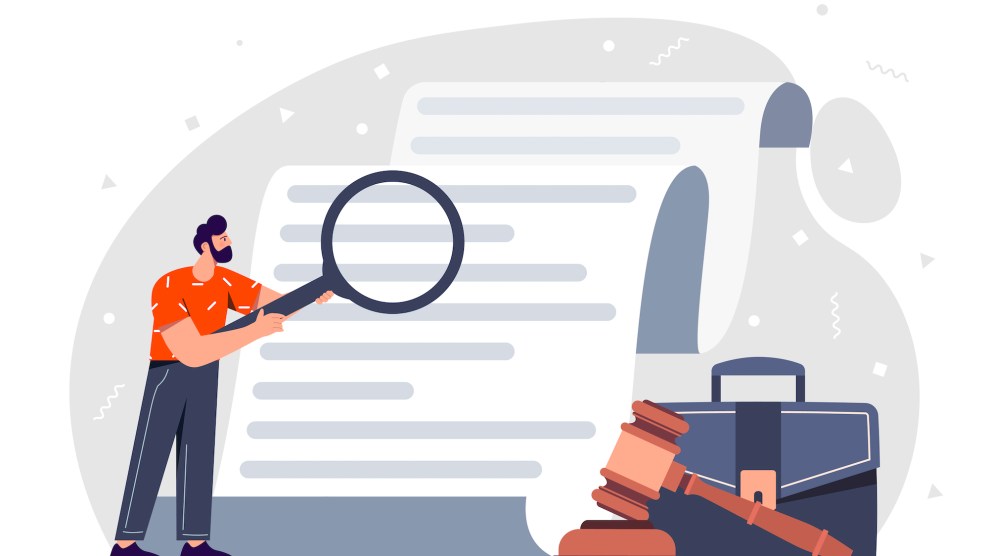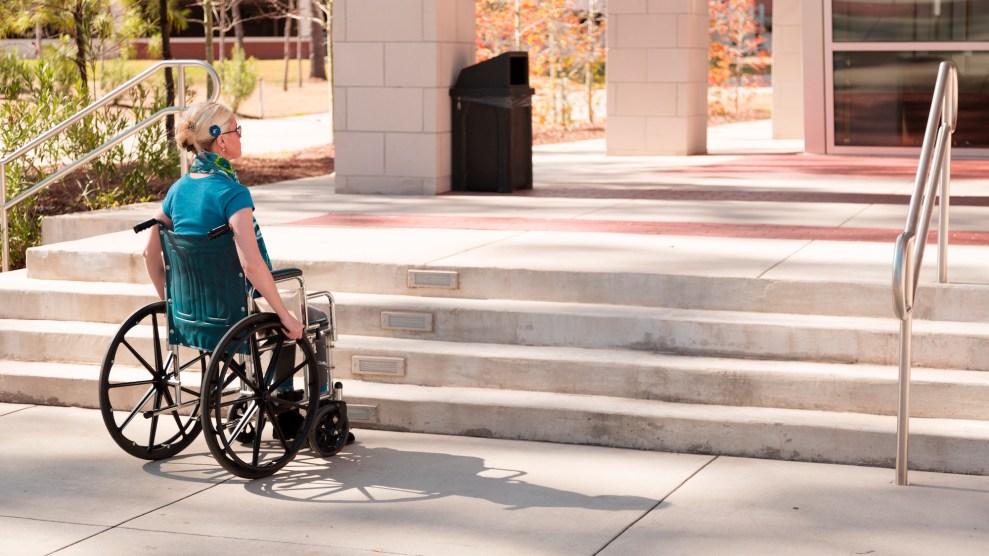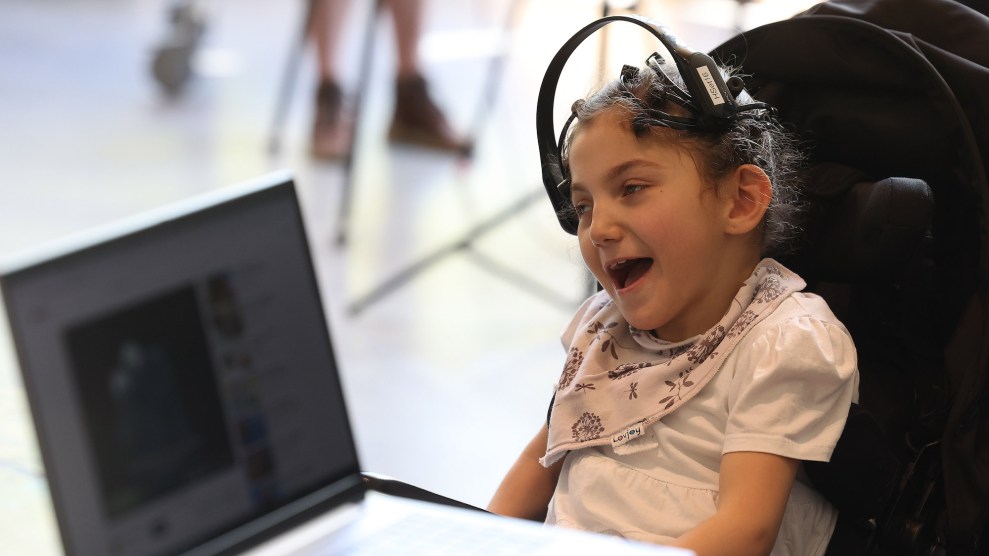
Rudzhan Nagiev/Getty
In 2010, Barack Obama signed the Plain Writing Act into law, requiring that federal government documents use clear, straightforward language. Despite its passage more than a decade ago, though, getting plain-language information about government policy—ranging from the federal to local level—isn’t always easy.
Plain-language documents serve a dual purpose: they can make information more accessible to people with disabilities that affect cognition and memory, but also address the fact that legislation is already complicated for most people to read—a case in point of how accessibility practices benefit even those without a particular disability.
New Disabled South, a disability justice nonprofit founded in 2022, is trying to make more information available to disabled people on legislation that affects them, launching its Plain Language Policy Dashboard in November to cover 14 Southern states. As of now, the bills it explains fall into six categories: accessibility, civil rights, criminalization, poverty and care, democracy, and education.
Dom Kelly, New Disabled South’s CEO, told me that he hopes the dashboard—which uses AI to translate texts into plain language, which is then checked for accuracy and additional analysis is added—can also help “combat myths and disinformation” that spread on social media, like whether a mental health–related bill could actually lead to more institutionalization.
I spoke to Kelly and e.k. hoffman, associate director of the nonprofit’s advocacy arm, about the policy dashboard and the importance of accessibility in politics.
How can complicated legislative language make it hard for some disabled people, especially those with intellectual and developmental disabilities, to understand bills that directly impact their lives?
e.k. hoffman: The jargon, academic, legal, and complex language used in legislation are forms of access barriers. To a lot of disabled people, complicated language and legislation increase the cognitive load necessary to understand both the meaning of bills and how they will impact [their] lives. When we reduce that cognitive load, we’re seeking to remove that access barrier.
Dom Kelly: Sometimes, those are even intentionally confusing, and we know that legislators can squeeze things into bills that they want to get passed. Sometimes information is changing rapidly during the legislative session, and dangerous parts of old bills are pushed under new bills. It’s hard for anyone, let alone somebody with an intellectual [or] developmental disability, to get that information in real-time in a way that’s easy to understand. That’s another barrier that we’re trying to tear down.
One of the categories on this dashboard is poverty and care. Why is poverty an important disability rights legislation issue?
DK: Disabled people live in poverty at twice the rate of non-disabled people, and we have the highest poverty rates in the country here in the South. If you are at an intersection of disability and another marginalized identity, you are more likely to live in poverty. [Whether a disabled person is] living in poverty is usually determined by the people who are behind the policy.
ekh: Especially in the South, there remain high rates of segregated workplace settings, sheltered workshops, sub-minimum wages—and all of these things impact poverty. The process for disabled people to even receive disability benefits like SSI, SSDI, and Medicaid is inaccessible, bureaucratic, and full of barriers, and many disabled people are denied even though they meet the criteria.
DK: One more critical issue for us is home and community-based services. In the country, we have 656,000 people on waitlists for HCBS waivers [which help provide alternatives to institutionalization], and in the South, we have 500,000 of them. We know [those waitlists] keep our community in poverty, keep them without care, keep them relegated to nursing homes and institutional settings, which leaves them with often little to no autonomy.
There’s a note on the dashboard that websites linked may not be fully accessible. How can online accessibility issues with policy information be a barrier to disabled people’s participation in politics?
ekh: Even though on the federal level we have legislation like the Plain Writing Act [and] the Rehabilitation Act, and these are supposed to protect disabled people through the guarantee that at least government information is accessible, we know that very frequently this promise is broken. A lot of state legislature websites are inaccessible. On several state legislature websites in the South, bills are uploaded largely [as] untagged scans of printed paper versions, [which] means that they cannot be accessed at all by blind and low-vision folks without reliance on someone else.
Is there any current legislation in the dashboard that you would highlight?
ekh: Arkansas has SB 443, which is an Employment First bill to help people with disabilities get jobs [outside] segregated work settings. Employment First bills seek to promote good practices in areas like transitioning young disabled people from school into work, and getting employers involved and educated about existing protections for disabled people.
DK: It’s a bill that would allow people who are blind or low vision to vote virtually. We’ve had a lot of anti-voting legislation in Georgia, and unfortunately, that’s made it more difficult—especially for blind and low-vision voters. This bill would allow these voters to vote remotely from their own computers, which I would hope we could get to one day for everyone.
This interview has been edited for length and clarity.
















